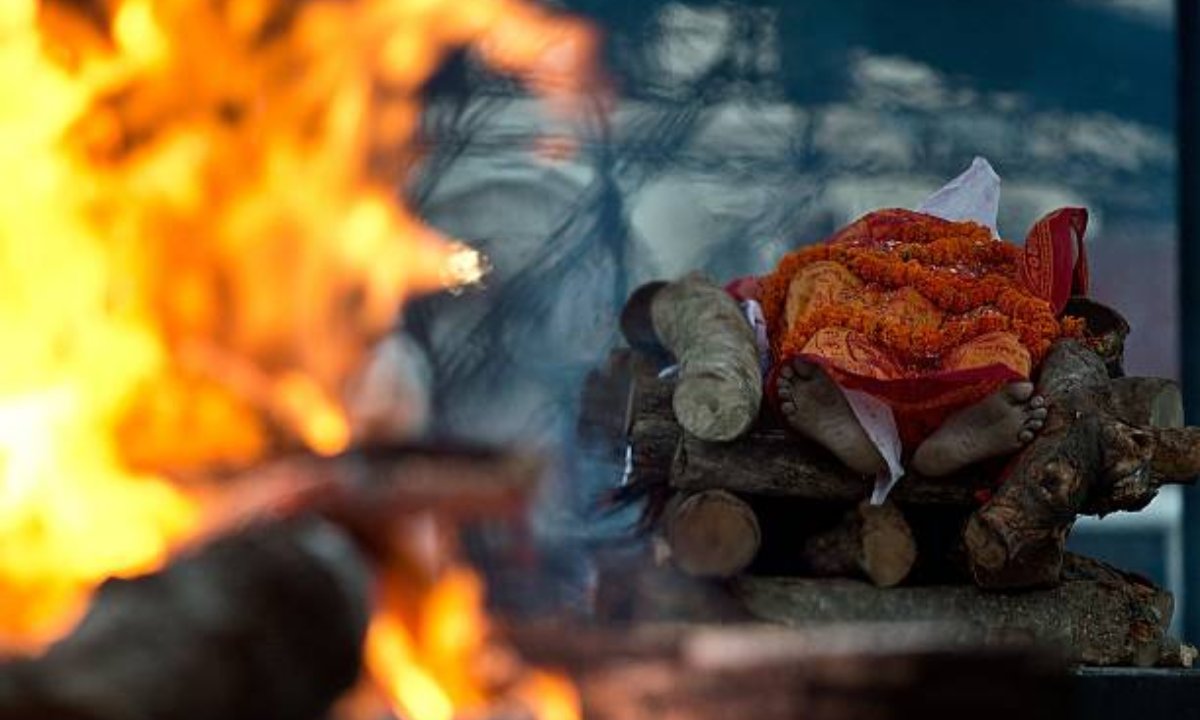Introduction:
Death is a very hard but inevitable experience everybody goes through. As hard as it could be to deal with the concept of it, ultimately it is the destination we are all leading towards. Death is a shared experience, yet the customs and traditions adopted for honouring the deceased differ widely from one culture to the next. Different cultures have evolved distinctive methods for bidding goodbye to their loved ones, ranging from elaborate rituals to unique burial customs. In this blog, we will go throughout the globe to discover the unique diversity of funeral services and burial practices.
1. Traditional Hindu Cremation (India):
In Hindu culture, cremation holds great significance. There are specific rituals like Asti Visarjan following the cremation, where Asthi stands for the reminiscents or remains of the deceased like bones and ashes and Visarjan stands for immersion. The deceased’s body is traditionally cremated on an open-air funeral pyre, (Now, practices like electrical cremation is gaining prominence as well) allowing the soul to be released from its earthly material world. Then, the Asti Visarjan is practised where the ashes are scattered into sacred or holy rivers such as the Ganga, symbolizing the final journey of the departed. The traditional Funeral service in India is considered to be an important segment of Hindu religious traditions and values.
2. Sky Burial ( Tradition practised in Tibet):
A distinctive funeral service known as sky burial is common in Tibet’s isolated mountainous regions. The body is transported to an identified particular spot, where it is left for the vultures to consume. The actions involved are a result of the notion that the body is merely an instrument for living and the transmigration of the soul.
3. Jazz Funerals (Tradition practised in New Orleans, USA):
Jazz funeral service is practised in the vivid city of New Orleans where they lend grief with pleasure to honour the life of the deceased. The procession is led by a brass band, which plays mournful and sombre dirges as it moves towards the location of the burial site. Following the burial, the atmosphere changes to one of jubilant celebration of life with upbeat music, dancing, singing and celebration.
4. Hanging Coffins (Tradition practised in China and the Philippines):
Hanging coffins are a unique kind of burial practice prevalent in some parts of China as well as in the Philippines. The placement of wooden coffins in natural fissures or dangling from cliff faces is done in an effort to shield the dead from bad spirits and to bring the departed closer to heaven. This traditional practice demonstrates great respect for ancestors and their relationship with the natural world.
5. Endocannibalism ( Tradition practised in Indigenous Tribes, Papua New Guinea):
In Papua New Guinea, certain native tribes have an interesting unusual custom known as endocannibalism. Here, close family members prepare and consume the deceased person’s body in a ceremony after death as a means to commemorate the individual who passed away and make sure their soul lives on in the community even after their death.
6. Oceanic memorial reefs or underwater burial
People are acquiring an increased interest in and are inclined towards water burial in many different nations. The experienced and competent staff of the funeral service organisation offer a biodegradable box where they lay the body of the deceased. At a specific depth in the water where coral reefs can be found, the box is immersed. It is beneficial for some huge fish in addition to delivering the needful to the reefs in the water body.
Conclusion:
Exploring all of the different ways in which different cultures approach and conduct funeral services and cremation services reveals an expanded awareness of mankind’s relationship with mortality, spirituality, and communal relationships. These practices are a reflection of the distinctive values, beliefs, and practices that have defined different cultures all over the world.
We may learn to accept cultural diversity and acquire an understanding of the common human experience of remembering and respecting deceased individuals by embracing this diverse tapestry of funeral services and burial customs.
By taking the assistance of reputable funeral organisations like Beleiv, you can rest assured that your cultural and specific needs are met with utmost respect and dignity.





